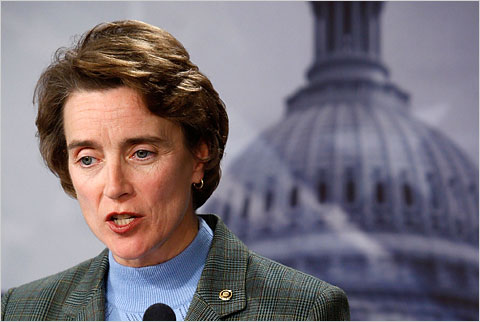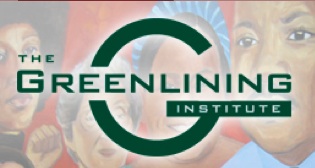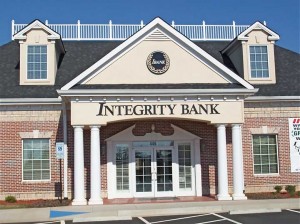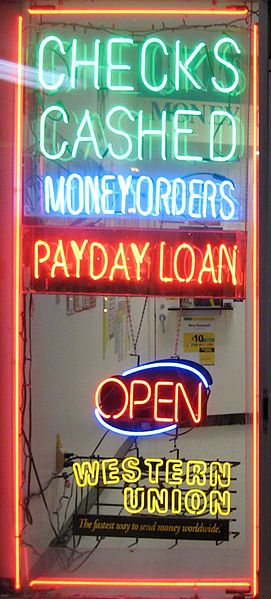Down Under Consumers Leading the Way?
A special report for the Center for Media and Democracy by Glen Frost, Editor of The PR Report: "Class action against banks ensures 'access to justice' says Australian Minister"
 According to the organizers, it's Australia's largest class action lawsuit: a case of disgruntled bank customers versus the big banks.
According to the organizers, it's Australia's largest class action lawsuit: a case of disgruntled bank customers versus the big banks.
Financial Redress, a specialist in recovering compensation from financial institutions for excessive charges or mis-selling, and a subsidiary of litigation funder IMF Australia, is launching a class action against a number of Australian and foreign banks (with operations in Australia) who have allegedly overcharged customers for years.
The fees in question are honour and dishonour fees on overdrawn bank accounts and over-limit and late payment fees on credit cards. Financial Redress refers to these as "exception fees" and alleges that the banks have been charging customers an "unfair" amount. Customers are both individuals and businesses.

 At the end of last week, the U.S. Senate passed a financial reform bill that was far stronger than what had been proposed by the Obama administration and passed by the House. Now it's time to hold President Obama's feet to the fire to ensure the strongest possible bill.
At the end of last week, the U.S. Senate passed a financial reform bill that was far stronger than what had been proposed by the Obama administration and passed by the House. Now it's time to hold President Obama's feet to the fire to ensure the strongest possible bill.



